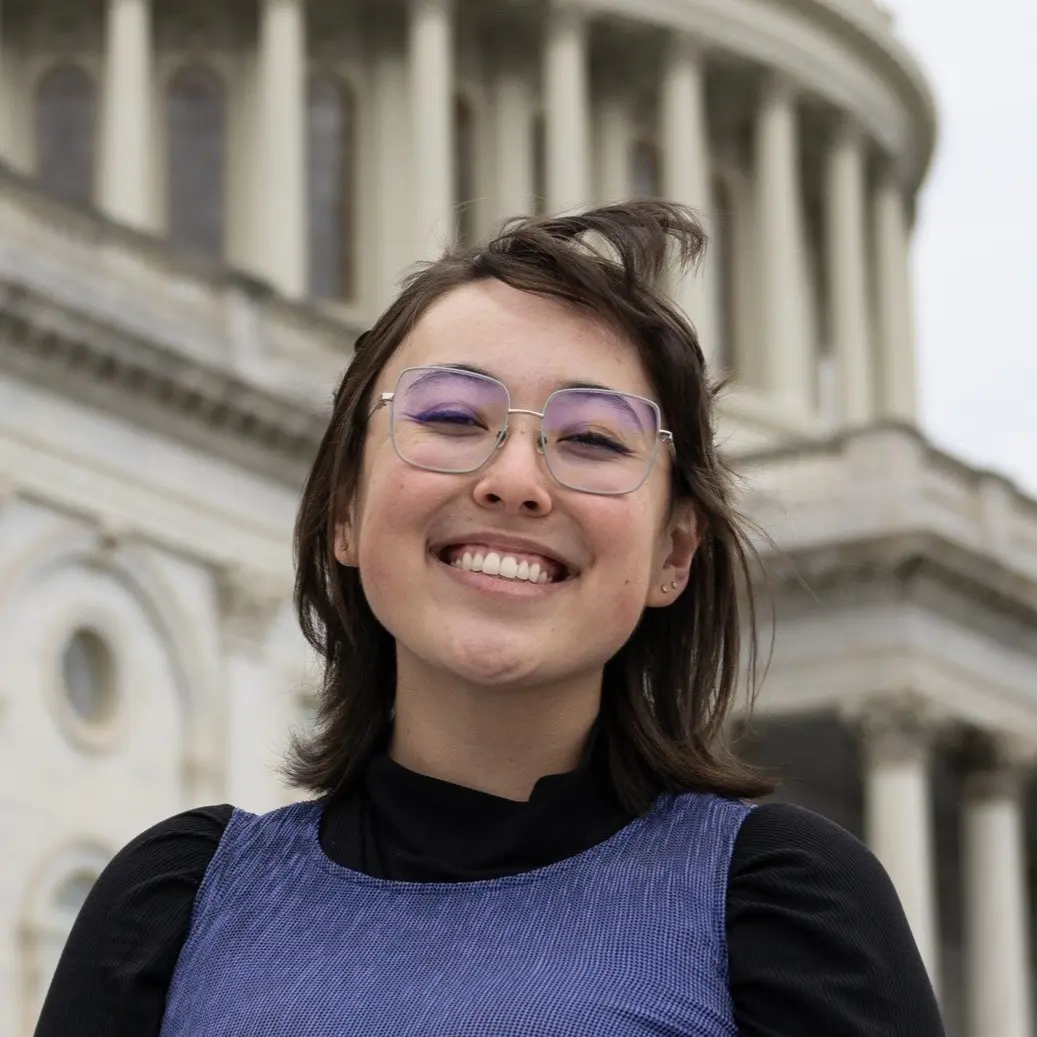
The Victory Congressional Fellowship brings one outstanding LGBTQ+ young professional to Washington, DC, for a 10-month fellowship supporting the Executive Director of the Congressional Equality Caucus. Learn more about the fellowship at https://victoryinstitute.org/programs/victory-congressional-fellowship/
Views expressed do not necessarily reflect those of LGBTQ+ Victory Institute or the Congressional Equality Caucus.
———————————–
LGBTQ+ Victory Institute’s 2023-2014 Victory Congressional Fellow Oliver Williams, explores the effects of voter identification laws on transgender Americans in his final policy paper, “Examining Disenfranchisement: Voter Identification Laws and Trans+ Americans.”
Read Oliver’s summary below:
Voter identification (ID) laws have become a focal point of debate in American politics, evoking discussions about electoral integrity, fundamental voting rights, and equitable civic engagement. However, much of the discussion around the impact of these laws has overlooked the millions of trans+ adults in the electorate whose democratic participation is compromised due to these laws.
Approximately 46% of trans+ people in the U.S. lack IDs with their correct name and gender marker. This statistic is even more concerning for those who belong to intersecting marginalized groups, such as people of color, individuals with disabilities, young adults, and those with low incomes who face compounded barriers to obtaining accurate identification. These challenges are not just about the financial and legal hurdles of obtaining and updating IDs but also about the real and perceived risks of discrimination and harassment at polling places.
While states have their own election regulations, federal oversight is crucial to ensuring fairness and preventing discriminatory practices. Legislative action is necessary to prevent the implementation of restrictive voter ID laws, reduce instances of interpersonal discrimination at polling locations, and increase access to valid identification. Further, funding measures that focus on assisting trans+ voters and ensuring a respectful and supportive voting experience would make a significant difference for the community.
After assessing the quality of voter ID laws in achieving their purported goal of preventing fraud, this paper explores the impact of strict voter ID laws on trans+ individuals in the United States, highlighting the barriers to the ballot box these laws create. It examines the unique and heightened challenges trans+ voters face, such as financial and logistical difficulties in obtaining accurate identification, and the potential for discrimination due to mismatched IDs. This paper also reviews existing legislative efforts and proposes recommendations to improve access to accurate identification and voting for trans+ Americans. By recognizing these obstacles, this paper aims to contribute to broader discussions on equitable access to democratic processes and the protection of fundamental voting rights for all citizens, regardless of gender identity or sex characteristics. May this paper expand your understanding of the realities faced by an often-overlooked community and prompt you to think intersectionally and act innovatively about these critical issues. I hope you enjoy.
** Trans+ is an umbrella term following the model of LGBTQI+, with the plus sign allowing for the inclusion of nonbinary, gender-nonconforming, intersex, Two-Spirit, gender fluid, and other gender-diverse individuals who may not identify as trans but are impacted by many of the same issues and policies as the trans community.


